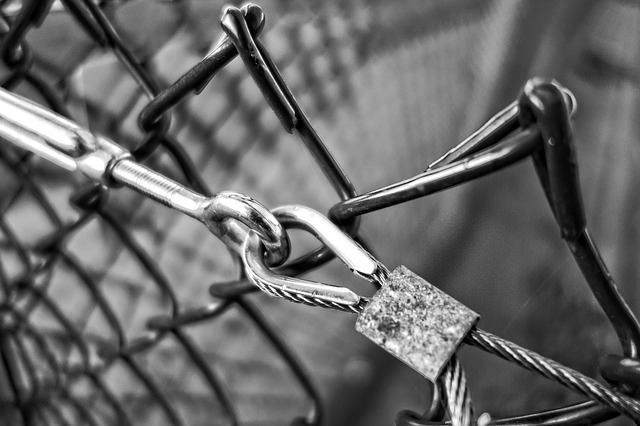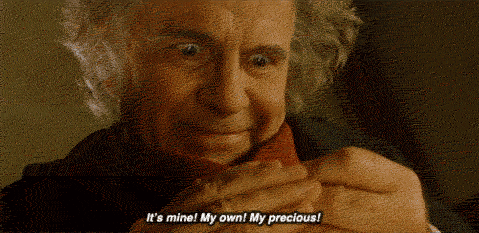Pride and loyalty from identity attachments

Be it a sports team, athlete, celebrity, food, or something else, many people inflate the importance of something based on them being related to it in some way. Especially from a geographical basis.

Source
“I love X because it’s where I’m from!”
“X is so good because it’s where I live!”
We were born somewhere, or we currently live somewhere, and that location is part of our identity. It’s viewed as part of who we are, and we favor it because it’s as if it’s a part of us. It’s simply better by virtue of being identified with ourselves.
Then we like to refer to that place as “mine”. “My X”. My country. My town. My school. As if we can claim it as part of what we own, like my car, or my book. Yet, we don’t own it. We’re only associated with it. But that association makes us identify with it.

Source
“My team.”
“We won.”
“We’re going to beat you.”
But we don’t even play on the team. And this even applies when we don’t even live or have lived somewhere to be attached to the location. “My team” can be any team we identify with.
Maybe that’s really how we use the word my, to reference something we have taken into ourselves as part of our identity, whether we own it or not.
When there is a celebrity that does something well, we feel proud of them if they come from where we come from. If a musician makes good music, or a movie star makes a good movie, or either wins an award, we sometimes can refer to their nationality, as if it matters. So and so broke this or that record in sales or at the box office, won this or that award, “hey, he/she is American/Canadian/British”, and we think to ourselves how good they are because they came from the same place as us.
We become patriotic in a sense, or maybe it’s more nationalistic, just because someone who does something well is where we are from.
We even do it with inventors or great minds. Americans are proud that Einstein was American, that Tesla was American, even if they weren’t born here, they were Americans. If someone discovered or invented something, they are seen as great, and we associate ourselves with that greatness based on simple geographic relationships.
Racial identification also plays a part. People become full of pride at their respective races having done something well. Serbs are proud of because Tesla was Serbian. Blacks and Jamaicans have pride because Usain Bolt is black and Jamaican. Jews are proud because of Einstein being Jewish. This also applies to gender. Women are proud of women inventors or sports figured, as do men. We try to derive meaning and value in our own lives based on what others have done that we identify with.
The patriotism runs strong in sports as well. The military is often part of sporting events because of the patriotic, nationalistic or geographic fervor that links people at those events. Football and hockey games have used patriotism to support the military. The military is great, because the sporting event is great. Support the military like you support your sports team. They are “your” team”, “your country”, “your military”, don’t dishonor them.
We become so attached to geographical aspects of our identity. Don’t talk against your nation or the military. You must support your military, support the troops, or else you’re not patriotic. It doesn’t matter what those pawns are being used for, you mus support them blindly, or else your un-American. You’re the enemy now.
For some people, if someone who is in the same region you are, or identified with our in some way doesn’t blindly toe the line, then they are a traitor. Someone who is American that talks against America is often seen as a traitor and hated more than a non-American that talks against America. As if you can’t say anything about your nation that casts it in a negative light, or selse you’re hated even more than others who say the same.
Blind patriotism rules to hearts and minds of so many who are lost in their false identities. We are so easily fooling ourselves with our lower consciousness automatic identifications with things around us. The truth about something matters less in those cases, compared to the automatic defense we put up for something we identify with. We are loyal to what we identify with, because we see it as ourselves in a way.
The government is part of many people’s identities, and they can’t honestly look at the negative reality of what’s going on. Blind support is what some demand. We are limiting ourselves from seeing some things honestly because we’re too attachment to things we’ve taken into ourselves as part of our identity. Changing what’s going means we need to change how we think of ourselves in order to see what needs to change.